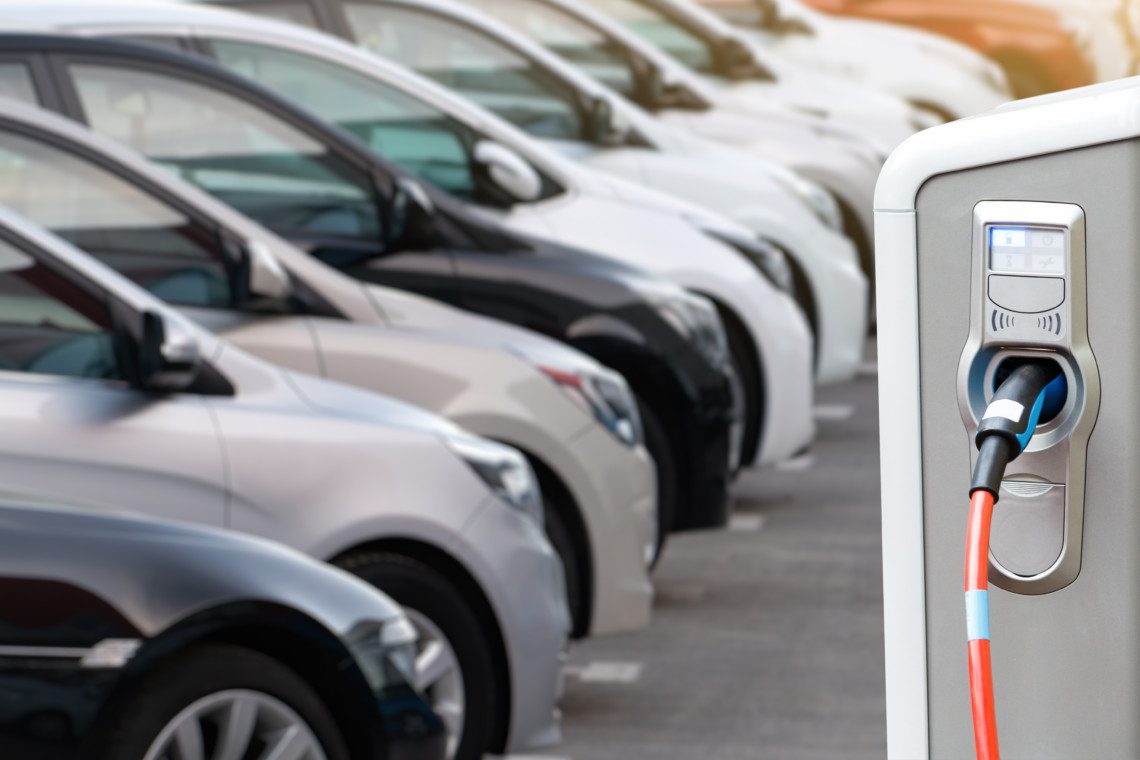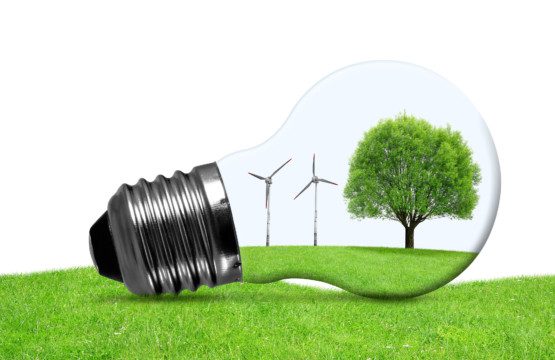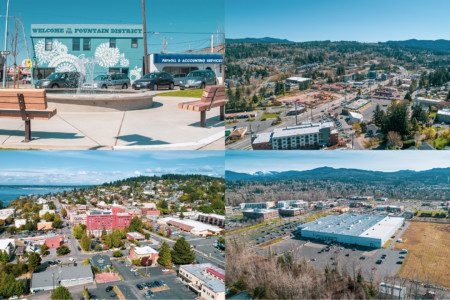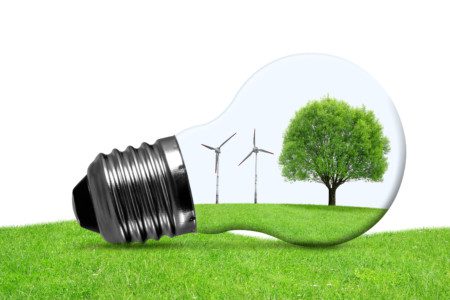Electric Vehicles are on the Rise
The demand for electric vehicles (EVs) is growing rapidly and market trends are not anticipating demand to halt anytime soon. The International Energy Agency (IEA) deduced that “more than 10 million electric cars were on the world’s roads in 2020”, opposed to approximately 7 million the year prior. Nearly 1.8 million of those were registered in the U.S., which is triple the amount in 2016. EV numbers are without a doubt increasing significantly, and the adoption of EVs is only going to expedite.
These numbers have driven prominent car manufacturers to work toward an all-electric future. Bentley and Volvo disclosed plans to sell exclusively zero-emissions vehicles by 2030 and General Motors (GM) announced they aim to only sell electric vehicles by 2035. Measures toward a more progressive future of transportation do not end here either. There are many other car manufacturers with similar plans.
Washington State is highly motivated to welcome the utilization of EVs statewide and is actively working toward phasing out the sales of gasoline-operated passenger and light-duty vehicles by 2030, surpassing California’s similar executive action aimed at the year 2035. In short, the sale of new gasoline-dependent vehicles will be banned in 2030. Vehicles that were purchased prior to 2030 can continue to be owned and operated and used vehicles will not be removed from the market. Nonetheless, this reform will certainly increase the number of EVs and EV infrastructure we see on our roads today.
The Benefits of EV Charging for Commercial Properties
Innovation is inevitable and as a property owner, it is vital for your property’s success to remain at the forefront of this change. The movement from traditional gasoline-operated to more efficient electric vehicles means that public EV chargers will become more essential, making EV charging stations on commercial properties beneficial for their success.
Offering EV charging stations has the capacity to boost the position of your property in a few significant ways. In 2021 the Fuels Institute at the Electrical Vehicle Council reported that “the average EV owner… is aged 40-55 years old, with an annual income of more than $100,000”. EV owners tend to be high-earning individuals and are likely experienced and well-established within their field; all important characteristics to consider in a tenant.
The addition of this amenity at your commercial property can also provide the benefit of increased revenue streams by charging for station use. Also, by implementing green branding into your business’s marketing there is potential to increase your customer/clientele demographic, potentially leading to an increase in profit. This can ultimately boost the value of your property.
WA State Incentives
To encourage investors to implement EV charging stations to their properties, Washington State is offering several grants and tax deduction opportunities for EV battery purchases, installations, repairs, as well as EV charging stations and component parts. To view the most current laws and incentives, click the following link: Government Website.
Over time, electric vehicle supplies equipment (EVSE) and charging stations will become more vastly distributed, and as they do these incentives will likely lessen. Therefore, as a property owner it is in your favor to consider installing EVSE sooner rather than later. You will have experienced the benefit of lower costs for implementation, and your property will become significantly more appealing to tenants, investors, and visitors when incentives are no longer offered.
EVSE Set-Up & Cost
Without these incentives and tax rebates, commercial EV charging station equipment and installation costs can vary significantly depending on whether it is a Level 1, Level 2, or Level 3 charging station. Level 1 EV charging stations are provided with EVs upon their purchase, and do not require any special installation. They are simply plugged into a standard 120-volt wall outlet. It can take up to 40 hours to charge a vehicle to 250 miles of range so, for this reason Level 1 EV charging stations are not ideal for many commercial and multifamily applications. Level 1 charging stations are on the low end of costs, on average costing approximately $300.
Level 2 EV charging stations are arguably the most economical and efficient option for commercial and multifamily properties. Installation requires running 240-volts from your breaker panel to your charging location. A “double-pole” circuit breaker needs to be attached to two 120-volt buses at once to double the circuit voltage to 240 volts, using a 4-strand cable. Then, the charging unit will be mounted and attached to the 240-volt cable where vehicle charging will take place. This procedure needs to meet standards set by local building codes and should therefore be installed by a professional. A Level 2 charge only takes about 4-8 hours depending on the make and model of EV. Average costs for materials range from $300-$1,200 and installation can range from $200-$2000.
Level 3 EV charging stations are commonly referred to as DC Fast Charging and are used primarily in commercial and industrial locations. They require specialized and powerful equipment to operate and necessitate a much higher level of voltage than the former levels discussed. Additionally, not all models of EVs can charge with these. For vehicles that they do service, Level 3 charging stations have the power to charge in little over an hour. The costs for DC Fast Charging materials can fall anywhere from $12,000-$35,000 and requires professional installation which can vary greatly depending on how large the project is.
Local Plans for EV Infrastructure
With the aim to transition to a zero-emission transportation future, Washington State legislature intends to require state government to provide resources that facilitate the planning and deployment of electric vehicle charging and refueling infrastructure statewide.
Funded by the Washington State Department of Commerce Grant and the Bellingham Transportation Fund, the City of Bellingham (COB) is actively working on Project EF-0154, Electrification of Transportation. The goal of this project is to lessen obstacles to electric vehicle ownership by helping to install numerous charging stations throughout the city. Stations will be dispersed on City-owned properties and public rights-of-way, assembled near destinations, workplaces, and multifamily residential areas. According to COB, “the project aims to install EV charging infrastructure at approximately 27 different sites across Bellingham, resulting in 90 new EV plugs. Approximately 23 sites will have at least one Level 2 charger, and 5 sites near I-5 will have a Level 3 (fast) charger.”
Take a look at our other Blog Posts!
Sources
“EV Consumer Behavior Report”
“Setting the Stage for an EV Future in WA State”
“Washington Laws and Incentives”
“Infrastructure Requirements”
“Electrical Vehicle Requirements in WA State and Seattle”
“Costs for Non-Residential EVSE”
“General Motors”
“IEA”
“Washington Adopts Legislation”










Join The Discussion